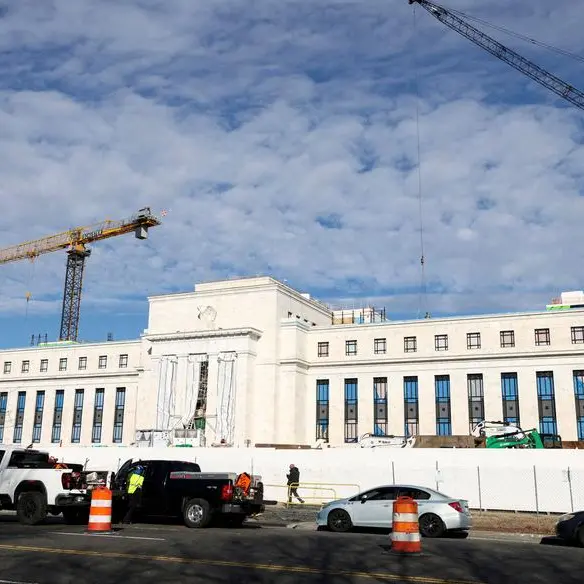PHOTO
(The author is a Reuters Breakingviews columnist. The opinions expressed are her own.)
WASHINGTON - Joe Biden has lost an important battle against the so-called 1%. The U.S. president repeatedly pledged that the super-rich and corporations would pay their fair share in taxes under his leadership. They’ll almost certainly pay more – just not enough to live up to his original promise.
One of Biden’s pre-election rallying cries was to erase the different tax treatment of investment and regular income. That would remove an advantage private equity firms enjoy over “carried interest” – the profit from their investing activities – and help fund a $3.5 trillion spending bonanza on education, childcare and healthcare. Political reality, notably the slim Senate majority of Biden’s Democrats, has softened the president’s edges.
Under the latest proposal, the wealthiest 1% of Americans will see after-tax income fall 5% next year, according to the Tax Foundation, compared with more than 11% in Biden’s original plan. Where the president wanted to raise the 20% capital gains tax to 39.6%, his proposed ordinary income rate, the latest target is just 25%. That might make a stock-market selloff less likely, but it gives buyout barons a pass. They can still pay a lower rate on fund earnings.
There’s also less pain for corporations, whose income tax rate was cut from 35% to 21% under Donald Trump. Democrats in the U.S. House of Representatives now propose 26.5%, where Biden wanted 28%, though companies would also find it harder to shift profits abroad. The numbers may still change. Progressives effectively have the swing vote in the House; in the Senate, moderates do. Both chambers must approve the bill to make it law.
Biden can still win a wider war. His plan would improve living standards for lower-income individuals, with means-based childcare assistance, universal access to pre-school and more healthcare benefits for older Americans. In 32 states, a typical family would save more than $100 a week on childcare, according to the Center for American Progress. After-tax income for the lowest 20% of earners could go up by 14.5%, a Tax Foundation analysis showed.
Context matters too. The last Democratic president, Barack Obama, struggled to obtain $600 billion in levy increases. The currently mooted plan adds more than $2 trillion. Biden should improve on his colleague’s track record. That’s probably a win in itself.
CONTEXT NEWS
- U.S. President Joe Biden met with moderate Democrats in Congress on Sept. 22 to gain support for a $3.5 trillion plan to expand child care and environmental protections. The U.S. House Ways and Means Committee approved its version of the proposal on Sept. 15 but Democrats need to reconcile that measure with counterparts in the Senate.
- The House plan raises the corporate tax rate from 21% to 26.5% and increases the capital gains rate to 25% for individuals earning at least $400,000, compared with the current 20% rate. In the Senate, Democrats have proposed an annual tax on unrealized stock profit and a 2% excise tax on share buybacks for publicly traded companies.
(Editing by John Foley and Amanda Gomez) ((For previous columns by the author, Reuters customers can click on CHON/ SIGN UP FOR BREAKINGVIEWS EMAIL ALERTS http://bit.ly/BVsubscribe | gina.chon@thomsonreuters.com; Reuters Messaging: gina.chon.thomsonreuters.com@reuters.net))





















